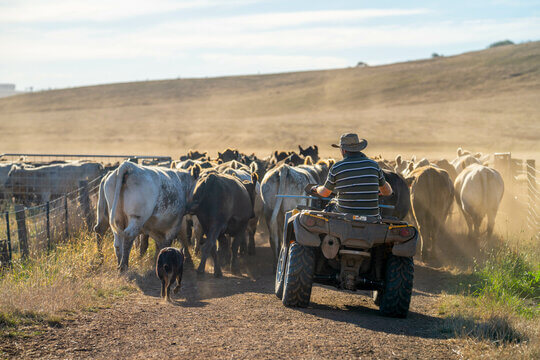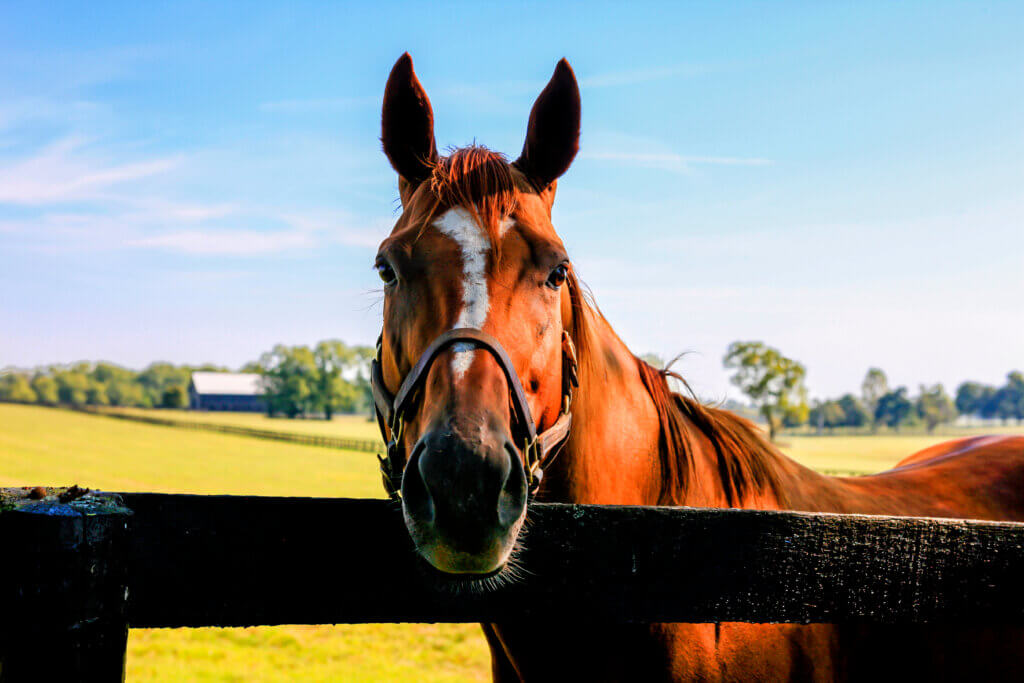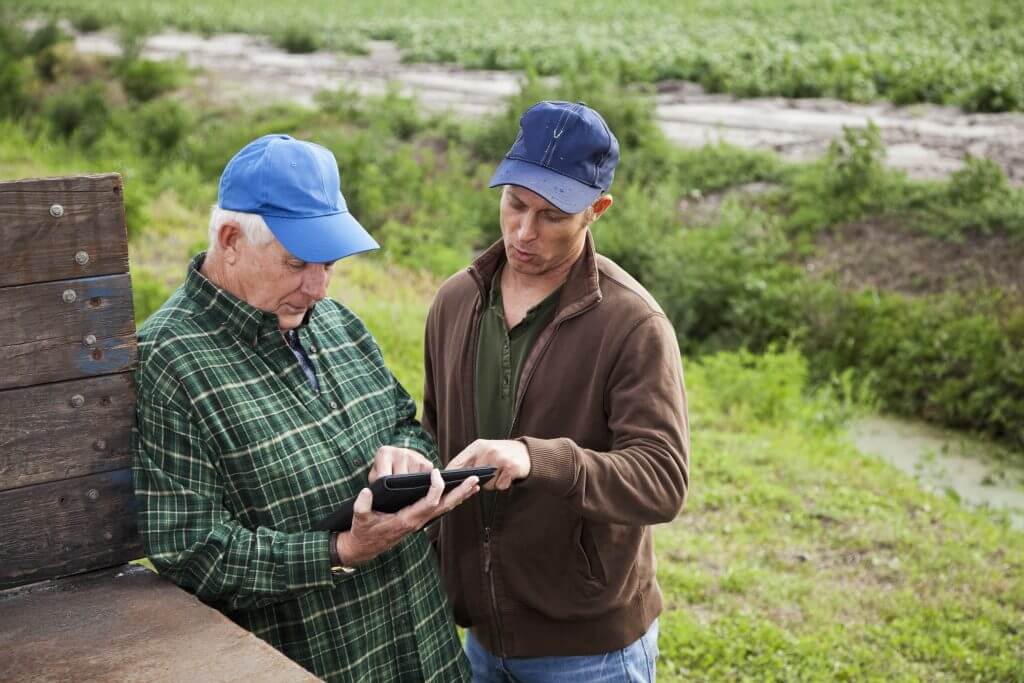This is a real story, but to protect those involved, we’re keeping names anonymous. We’ll call him Sam.
If you’re working in the thoroughbred industry, at sales, on farms, or in stables, you probably think:
“Safety? That’s for construction workers, not me.”
“I’ve been doing this for years, never had a problem.”
“Bit of common sense is all you need, right?”
That’s what Sam thought too.
Sam is a freelancer, moving between horse sales around the world, handling horses daily, and making a living in the industry; a common occupation in the thoroughbred world, with good money to be made. Then, at one sale, everything changed.
A horse got loose. It ran straight at him, and he tried to stop it, just as most horse people would. But in an instant, the horse ploughed into him, leaving him with serious injuries that would take months to recover from.
No safety net. No insurance. No support.
Instead, what followed was a nightmare of bureaucracy, financial hardship, and frustration.
“I can’t get early access to my super because I need to be on Centrelink payments for 26 weeks. Centrelink payments are only $755 a fortnight. I can’t get a lawyer because I have no case. I should have had travel insurance. No sick pay because I was a freelancer. I’m injured, struggling, and running out of money. How is this fair?”
This is a real story. And it should never have happened.
Where it went wrong…
- No Induction, No Safety Protocols
No one was inducted into safety practices. There was no guidance on what to do in an emergency. No protocols in place to prevent this exact situation from happening. - Lack of Legal Protections
Many sales staff, being freelancers, are not official employees of the company they are working for so when something goes wrong, they have no legal standing to claim benefits or protection. - No Employer or Personal Insurance
Employers should have workers’ compensation insurance in place. Employees should have their own insurance too, but freelancers often don’t realise they need it until it’s too late. - No Duty of Care from Employers
If someone is working for you, whether full-time, part-time, or freelance, you have a responsibility to ensure they are protected. This means providing insurance, safety training, and a clear plan if something goes wrong.
Who is at fault?
Workplace safety isn’t the responsibility of just one person, it’s a collective effort. But at the core, employers have the most crucial role in ensuring that workers are protected. Whether it’s a sales company, a vendor, or any employer bringing in staff, there must be clear safety measures in place. Proper inductions, insurance coverage, and adherence to legal employment practices are not optional, they are essential.
Employees, too, need to be proactive. Asking about insurance coverage and workplace safety should be as standard as discussing wages. The reality is, anyone could end up like Sam, and without protections in place, recovery can be financially and emotionally devastating.
The harsh reality: when you’re on your own
Sam is now stuck in limbo, unable to earn a living, struggling to survive, and facing an uphill battle just to access basic financial support. All because the right protections weren’t in place.
This was not a freak accident, it happens more often than you think.
It’s time for everyone in the industry to start having the conversation about safety and insurance so that we’re all protected when accidents happen.
🔹 Make sure staff, freelancers included, are inducted and trained in safety protocols.
🔹 Ensure both employers and employees have appropriate insurance in place.
🔹 If someone is working for you, they deserve protection.
Because “it won’t happen to me”… until it does.




